Publications
Articles, publications, books, tools and multimedia features from the U.S. Institute of Peace provide the latest news, analysis, research findings, practitioner guides and reports, all related to the conflict zones and issues that are at the center of the Institute’s work to prevent and reduce violent conflict.
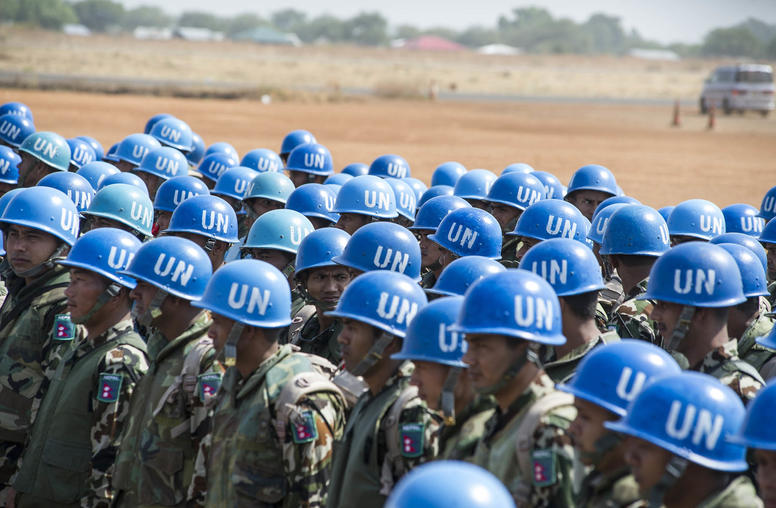
What’s Next for the Blue Helmet 75 Years Later?
When the 1948 Arab-Israeli War ended in a cease-fire agreement, the international community recognized that an independent monitoring mechanism offered the best chance of maintaining the fragile peace process. And so, 75 years ago this week, the U.N. peacekeepers were deployed for the first time. Their mission in that conflict would become the template for U.N. peacekeeping operations for decades to come: Bringing stability to tenuous and uncertain post-conflict environments.
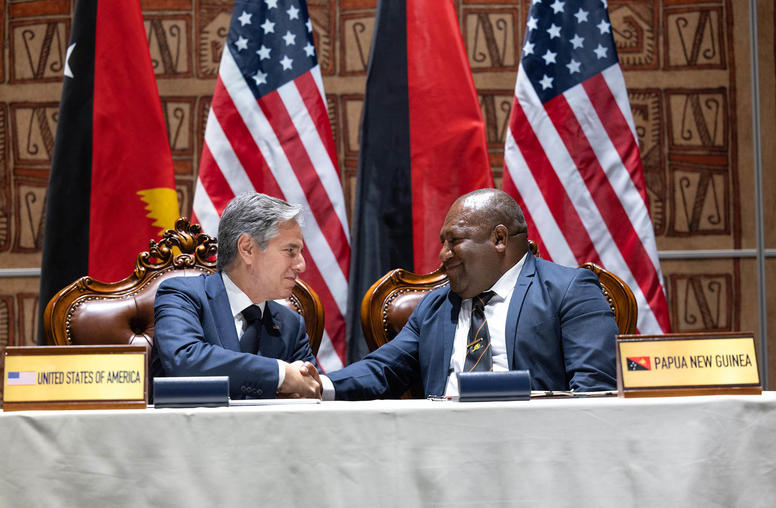
U.S. Strengthens Ties with Key Pacific Island Partners
The United States notched multiple diplomatic wins in the Pacific Islands region last week, making further progress in Washington’s efforts to step up engagement in this oft-neglected part of the world. In a move closely watched by Pacific nations, the United States signed deals to renew its economic assistance to Palau and the Federated States of Micronesia for the next 20 years. Meanwhile, although President Biden had to cancel his planned visit to Papua New Guinea, Secretary of State Antony Blinken inked a defense cooperation deal with the island nation in the president’s stead. While the region has become another arena for U.S.-China competition, Washington has long-standing relationships and interests there that go well beyond its rivalry with Beijing.
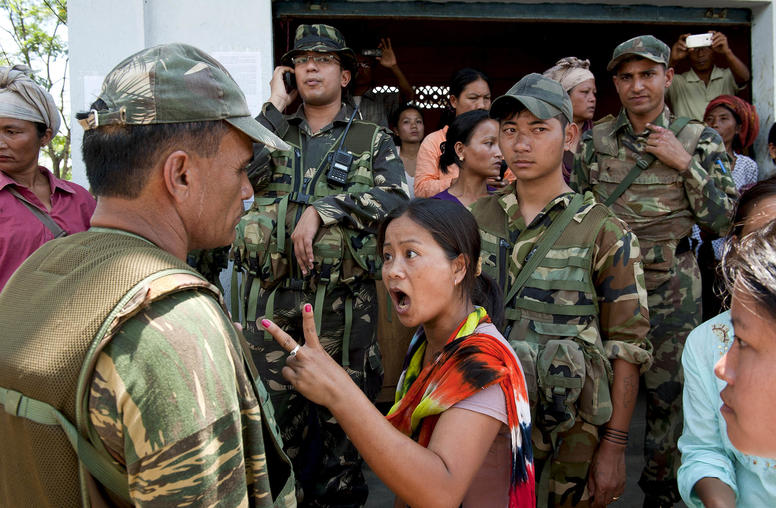
Understanding India’s Manipur Conflict and Its Geopolitical Implications
Since May 3, the northeastern Indian state of Manipur has witnessed repeated inter-ethnic clashes primarily between two local ethnic communities, the Meitei and Kuki. The violence has resulted in over 75 deaths and the burning of at least 1,700 buildings (including homes and religious sites). More than 35,000 people are currently displaced as well, with many now living in one of the 315 relief camps in the state. As the fighting continues, these numbers may also be rising.
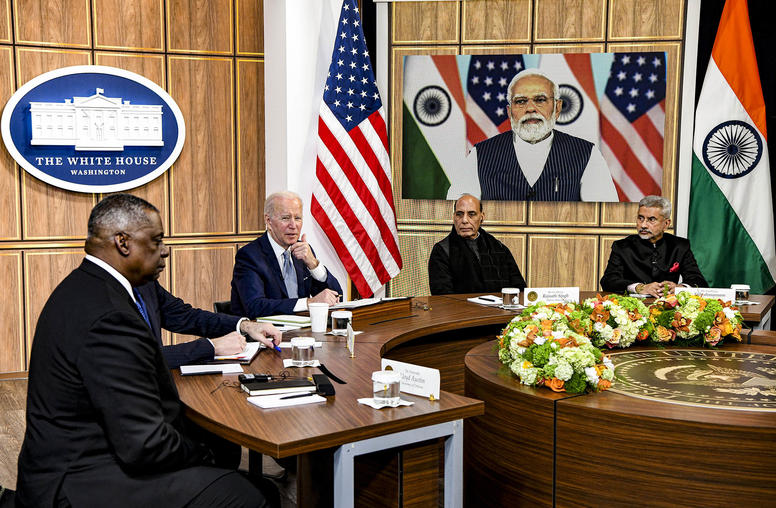
A Big Step Forward in U.S.-India Defense Ties
U.S. Defense Secretary Lloyd Austin’s arrival in New Delhi on Sunday comes at a critical moment, just two weeks before Prime Minister Narendra Modi’s State visit to Washington, DC. As with any ministerial visit, the secretary and his counterpart, Defense Minister Rajnath Singh, will take stock of recent successes and coming opportunities. They will discuss possible deliverables for the upcoming Biden-Modi summit. But the visit will be a true success if they dig into discussions of the kind of reciprocal expectations that can take the U.S.-India defense partnership to new heights.
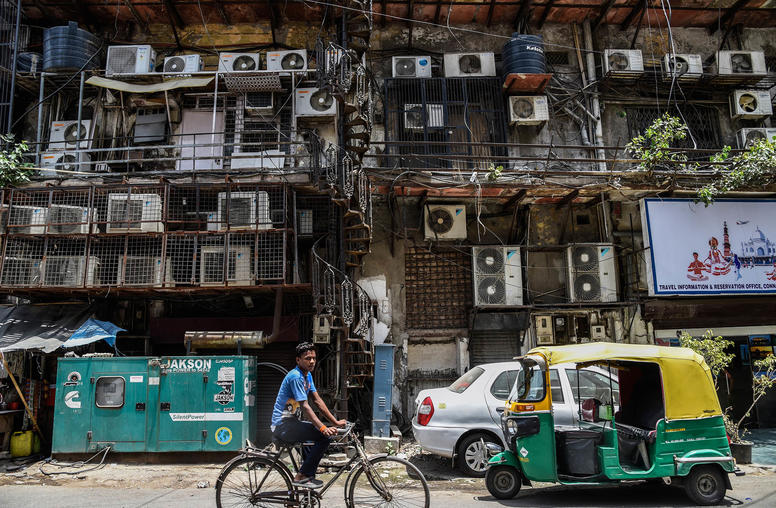
How Heat Waves Are Destabilizing Asia
Unprecedented heat waves continue to ravage Asia this year. Temperatures have climbed to highs of 45 degrees Celsius in Myanmar, 44.5 degrees Celsius in India and 41.9 degrees Celsius in China, with Thailand and Laos breaking all-time high records.
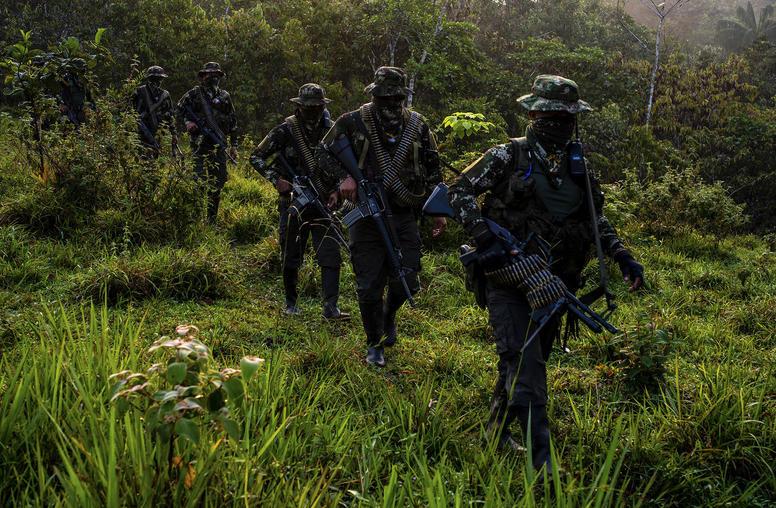
Una lideresa social colombiana propone una estrategia para la paz con base en las comunidades
Tras nueve meses después del inicio de los nuevos esfuerzos del gobierno colombiano para alcanzar la "Paz Total" con los grupos armados que aún continúan activos luego de décadas de conflicto armado, este proceso debería buscar un espacio para que las miles de organizaciones comunitarias y de base del país fortalezcan la paz a nivel local cuando cesen los combates, dice una destacada líderesa social de una de las regiones más violentas del país. La estabilización de Colombia, desde donde la migración hacia Estados Unidos y otros países se disparó el año pasado, requerirá un apoyo constante de Estados Unidos y de sus socios internacionales, dijo María Eugenia Mosquera Riascos, quien ayuda a dirigir una red colombiana de 140 organizaciones cívicas y comunitarias que trabajan para poner fin a la violencia.
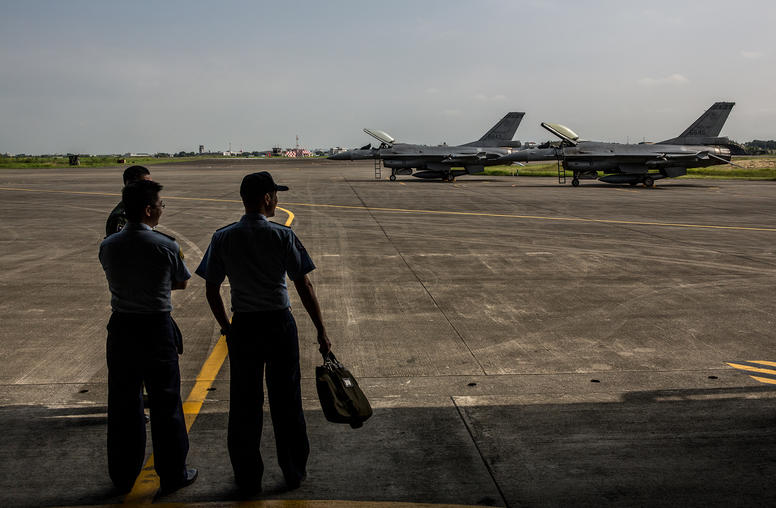
Three Takeaways on U.S.-China Relations After the Shangri-La Summit
Defense ministers from around the world gathered in Singapore last weekend for the annual Shangri-La Dialogue, a forum for discussing security challenges in Asia and an opportunity for high-ranking security officials to engage in bilateral talks. However, U.S. Secretary of Defense Lloyd Austin did not meet with his Chinese counterpart, Li Shangfu. Beijing suspended formal military-to-military meetings last August following then-Speaker of the House Nancy Pelosi’s visit to Taiwan. Since then, U.S.-China tensions have only ratcheted up, particularly following revelations this February that a Chinese surveillance balloon was hovering over U.S. territory.
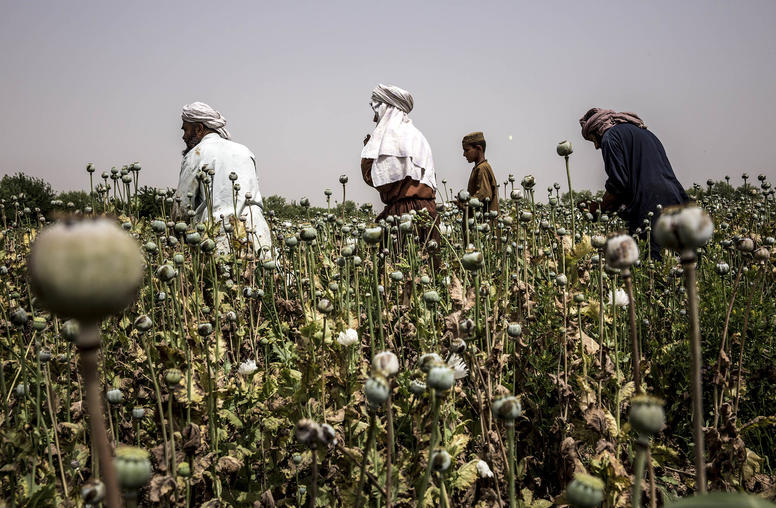
The Taliban’s Successful Opium Ban is Bad for Afghans and the World
The Taliban have done it again: implementing a nearly complete ban against cultivation of opium poppy — Afghanistan’s most important agricultural product — repeating their similarly successful 2000-2001 prohibition on the crop. But the temptation to view the current ban in an overly positive light — as an important global counter-narcotics victory — must be avoided. This is particularly true given the state of Afghanistan’s economy and the country’s humanitarian situation. Indeed, the ban imposes huge economic and humanitarian costs on Afghans and it is likely to further stimulate an outflow of refugees. It may even result in internal challenges for the Taliban itself. And, in the long run, it will not have lasting counter-narcotics benefits within Afghanistan or globally.
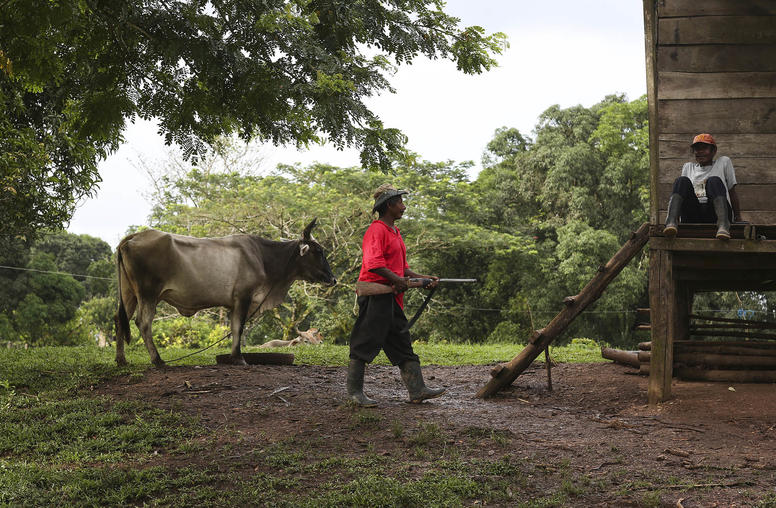
Earth’s best defenders are Indigenous. They pay a price: violence.
Little noted by the world, warfare in India’s northeastern state of Manipur this spring has killed hundreds of Indigenous people and uprooted more than 35,000 residents. This violence along the India-Myanmar border fits a global pattern, also little noted: For decades, some 80 percent of human conflicts have smoldered in the “biodiversity hotspots” where our planet’s flora and fauna are most threatened by battles for resources and wealth — and where Indigenous peoples suffer the violence while protecting humanity’s common ecological heritage. We should strengthen the world’s inadequate public attention and policies on this crisis, and 2023 offers a chance to do so.

Brazil’s Lula Looks to Revive Regional Cooperation — But He’s Got Critics
As the leader of Brazil, South America’s largest country — biggest by far in area, population and GDP —President Luiz Inácio Lula da Silva has enormous clout and the ambition to match. Six months into his third term in office (after a 12-year absence) the gregarious Brazilian leader — known around the world simply as “Lula” — has jumped eagerly back onto the world stage as a champion of the Global South.